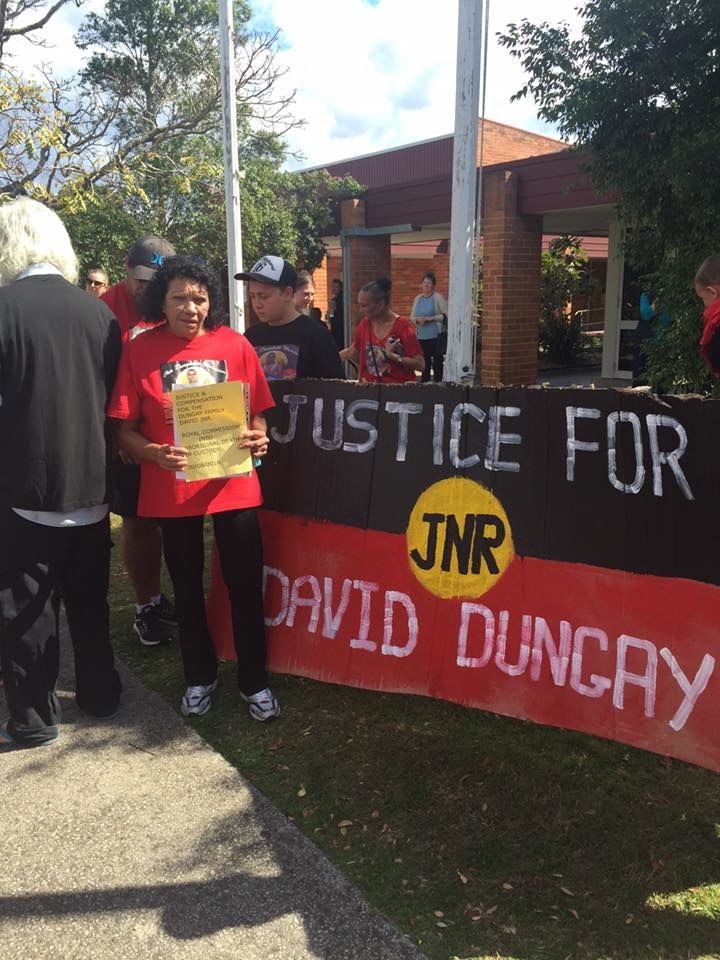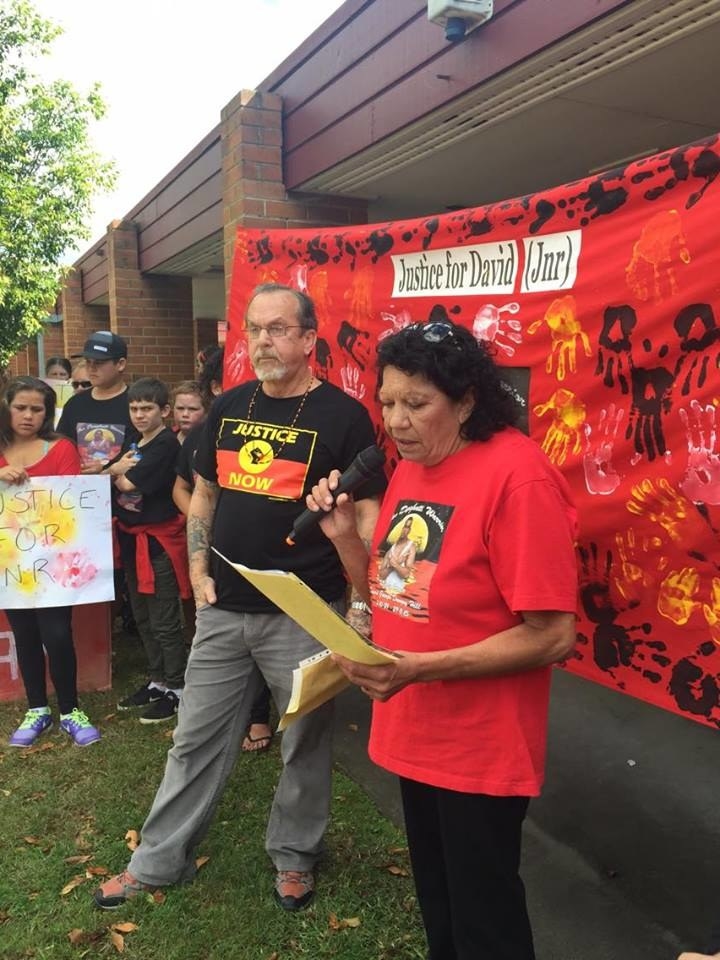The mother of an Aboriginal man who died in a Sydney prison after being administered a strong sedative has told BuzzFeed News that she wants the people involved to be charged with murder.

Leetona Dungay, the mother of David Dungay, who died in Long Bay jail's mental health unit in December 2015, says she wants someone charged over the death of her son.
"I want people to come forward and tell us what really happened to my son. They are treating him like he deserved to die because he was in prison, but he was my son and he didn’t deserve to die," Leetona Dungay told BuzzFeed News.
"They [the department of corrections] wanted me to accept their apologies and I said, 'I can't do that until someone is charged with his murder'."

David, 26, who was diabetic, died after he was told to stop eating a biscuit.
When he refused, the Corrective Services team tasked with stopping riots restrained him.
A health department report on the incident that was obtained by the ABC showed that David had told the people restraining him that he couldn't breathe. Staff responded by telling him that if he could talk he could breathe.
David was then taken to a cell and placed face down on the mattress while nursing staff sedated him with a shot of Midazolam, a powerful sedative. He then stopped breathing and despite 40 minutes of attempts to resuscitate him, he died.
Nurses were instructed to clean up blood in the cell before the police arrived.
"I don’t think they really cared. They must have thought that his family didn’t care and they must've thought, ‘They’re Aboriginal they won't look for answers’. They forgot I was Dave’s mum and I’m Aboriginal and I’m not a quitter. I will keep going until I find out what they really done to my son," Dungay said.

The health department report also found that an antidote to the sedative wasn't available, staff didn't assess David's airways before giving him the sedative, there was no emergency resuscitation equipment available when the sedative was administered and only two of the four health staff actually documented their role in the health record.
"We want to get the health department to change the way they do things," Leetona Dungay said.
Since the Royal Commission into Aboriginal Deaths in Custody in 1991, there have been almost 400 Indigenous deaths in police and prison custody.
In July, 36-year-old Rebecca Maher became the first Aboriginal person to die in a police cell in New South Wales since 2000.
"I never want a mother and father to feel the pain I’m feeling, I've got to get justice because who are they to take my son’s life," Leetona Dungay said.
Dungay will lead a rally for justice outside Long Bay prison on Saturday. An inquest date into David's death is yet to be determined.
